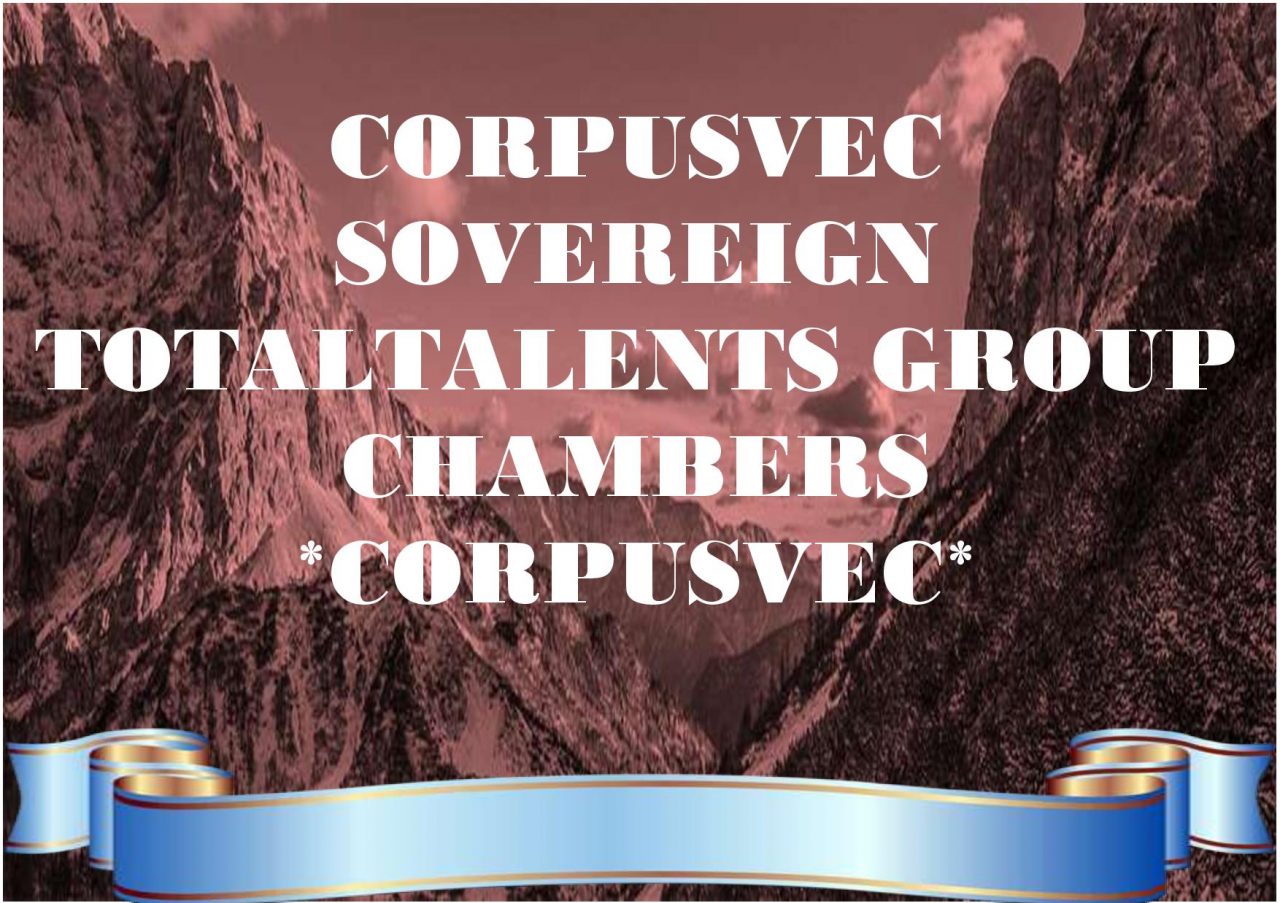
Over the last few months, I’ve talked with dozens of HR leaders about their talent challenges and the need to transform HR. Companies are redesigning roles and reskilling teams, working to improve engagement and wellbeing, creating new programs for feedback, and rethinking the role of leadership.
But none of these challenges is more transformational and disruptive than the explosive impact of AI.
In my early discussions of AI, I called it the “killer app,” because it has the potential to change everything we do. Today AI has permeated our lives, changing the way we shop, drive, communicate, and manage our health. And as the applications of AI continue to grow, so do the new ideas and investments people make. (Softbank just committed $108 Billion to AI investments).
But despite the hype by many vendors, AI is not something you “buy.” Rather, AI is embedded in all the technologies we use. AI tools leverage data (and you must have quality data to make AI work) to predict, suggest, recommend, inform, and answer people in more intelligent ways.
And many companies are now leveraging it heavily in HR. IBM, for example, has redesigned its HR service delivery strategy to leverage intelligent agents to help employees and managers answer questions and make decisions about roles, careers, salaries, and learning. United Health Group is building a graph database which uses AI to identify opportunities to improve productivity and service quality. McKesson is using AI to understand employee relationships and improve diversity and team effectiveness.
For us as HR leaders, AI will change every process we touch. The way we source, assess, hire, train, develop, pay, and move people is all being informed by AI.
This past week, for example, I facilitated a meeting with HR executives focused on the changing role of the HR business partner. This critical role is being radically impacted by AI-driven chatbots and intelligent platforms that make it easier and easier for employees and managers to get the information they need directly.
Unfortunately, many HR organizations are not prepared for the changes ahead. A global study by Harris Insights found that while more than 80 percent of employees in the U.S. and UK believe having AI skills will be a competitive advantage for their companies, 42 percent said they don’t believe their HR departments can execute it. A PwC survey of CEOs found that 63% of respondents are rethinking the role of their HR departments in light of new AI technologies and workforce needs.
HR now has the responsibility to build systems of trust, systems of intelligence, and far better systems of prediction that help inform talent decisions. One of my oldest friends in business, Rich Hughes (head of HR strategy at United Health Group), is building a massive data lake of employee data in a graph database to help the company better understand, predict, and improve performance in customer service, claims, and dozens of other areas. JP Morgan Chase and others are doing the same – this is where HR is going to go.
To get there, we must prepare for sweeping disruptions across all functional areas of HR, as well as the business itself. In the 25 years I’ve been an analyst, I’ve witnessed many transformative changes. I believe AI will be the most impactful change yet.
The goal is to Transform HR from the Inside Out™. HR In The Age of AI is A BIG DEAL!


